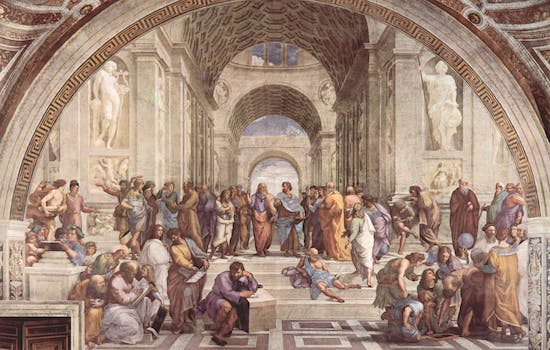Hey there, history buffs! Today, I want to talk about my favorite topic: Ancient Rome. Specifically, I want to delve into the pivotal moments that took Rome from being a Republic to an Empire.
First off, let’s talk about what a Republic is. In ancient Rome, a Republic was a form of government where the people voted for their leaders. The highest position was the consul, who had executive power. This system worked pretty well for a while, but as Rome grew larger and more powerful, it became clear that there were some flaws in the system. Enter Julius Caesar.
Julius Caesar was a famous Roman general who conquered Gaul (modern-day France) and made a name for himself as a military leader. In 49 BCE, he led his armies across the Rubicon River, which was an act of war against the Roman Republic. This event marked the beginning of the end of the Republic. Caesar was eventually declared dictator for life, which meant that he had complete control over the government. This move was not popular with some of the other powerful men in Rome, and in 44 BCE, Caesar was assassinated.

After Caesar’s death, there was a power struggle between his supporters and his enemies. Eventually, Caesar’s adopted son Octavian emerged as the victor. Octavian changed his name to Augustus and became the first Roman Emperor. This was a major turning point in Roman history, as it marked the end of the Republic and the beginning of the Empire.
So what were some of the key moments that led Rome from a Republic to an Empire? Here are a few:
1. The First Triumvirate: This was a political alliance between Julius Caesar, Pompey, and Crassus. Together, they were able to gain control of the government and push through reforms that benefited their own interests.
2. The Assassination of Julius Caesar: This event sparked a power struggle between various factions in Rome, ultimately leading to the rise of Augustus as Emperor.
3. The Battle of Actium: This was a naval battle fought between the forces of Augustus and those of Mark Antony and Cleopatra. Augustus emerged victorious, cementing his position as Emperor.
4. The Pax Romana: This was a period of relative peace and stability that lasted for over two hundred years under the rule of the Emperors.
Overall, the transition from Republic to Empire was a complex and tumultuous process that involved many key players and events. However, it was ultimately a necessary step in Rome’s evolution as a civilization. Without the strong leadership of the Emperors, it’s unlikely that Rome would have been able to maintain its power and influence for as long as it did.
